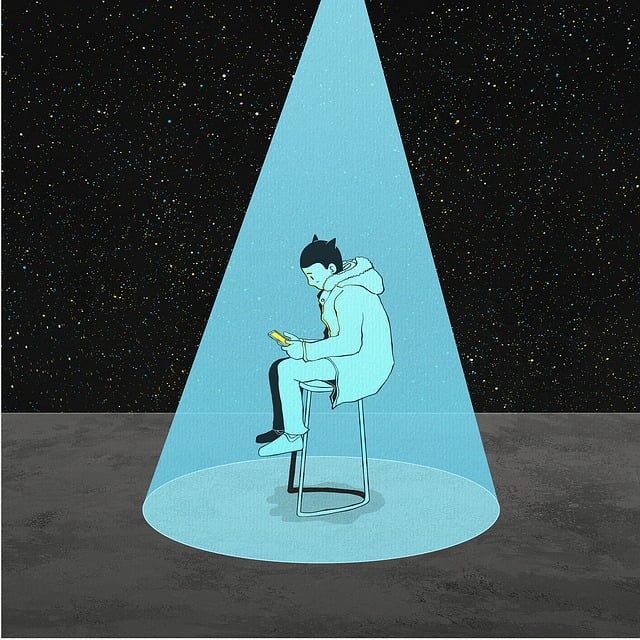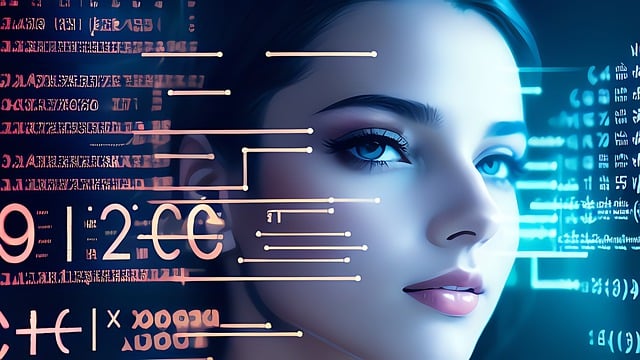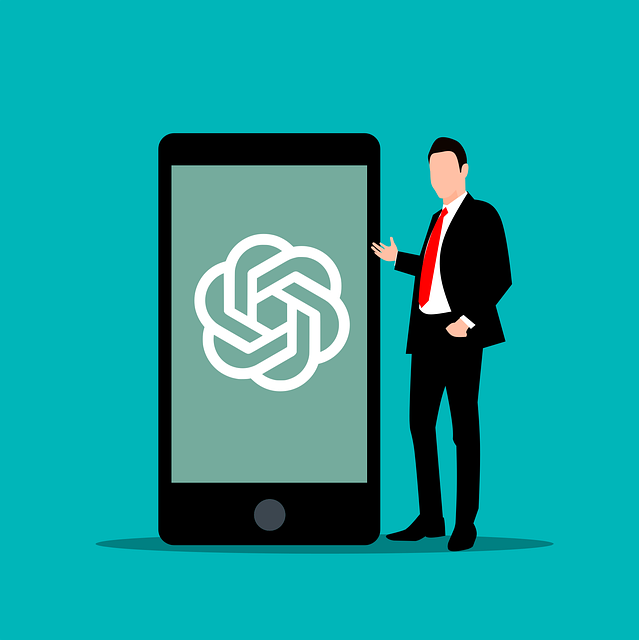Artificial Intelligence (AI) can be a valuable tool for providing information, entertainment, or even temporary emotional support. However, it does not replace the deep, meaningful, and reciprocal emotional connections humans need for psychological well-being. For most people, the need for connection with others is at the core, and real interpersonal relationships play a crucial role in maintaining emotional health. A recent study revealed that if AI is used excessively as a substitute for real-world relationships, it could contribute to feelings of loneliness, emotional isolation, or social withdrawal, all of which might contribute to anxiety. We spoke to Divya David, Mphil, Mental Health Coach to understand the reason behind this.
Reasons Why Relying Too Much On AI Can Lead To Loneliness
Here are the reasons why relying too much on AI can lead to loneliness:
Illusion Of Connection
Divya highlighted that for some individuals, interacting with AI can create a false sense of companionship, providing temporary relief from loneliness. This illusion of connection is largely due to the AI’s ability to simulate conversational patterns that mirror human dialogue. However, AI’s responses, while seemingly engaging, lack the emotional depth, empathy, and reciprocal interaction that characterise human relationships. Relying on AI for connection might amplify feelings of emptiness and highlight the absence of true emotional bonds. Over time, individuals may begin to crave deeper interactions that AI cannot provide, leaving them more isolated than before.

Surface-Level Interaction And Emotional Inadequacy
According to Divya, AI interactions are often limited to surface-level conversations: providing answers, advice, or casual dialogue. While these exchanges can be stimulating or informative, they don't facilitate the deeper emotional processing that real human interactions allow. Human relationships are complex and multifaceted, involving emotional attunement, shared experiences, and mutual understanding. In contrast, AI does not offer this nuanced emotional engagement, and while it might temporarily distract or entertain, it cannot provide the emotional fulfilment needed to promote long-term well-being. For individuals seeking emotional depth, relying on AI may ultimately leave them feeling more alone and disconnected.
Social Anxiety And Avoidance
For individuals with social anxiety or those who feel isolated due to introversion or past trauma, AI may seem like an easier alternative to real-world socialising. AI provides a safe space to interact without the fear of judgment or rejection, allowing individuals to avoid the emotional vulnerability that comes with face-to-face contact. While this can offer short-term relief, it does not address the underlying anxiety or help individuals confront their fears and triggers in a meaningful way. AI interactions may reinforce avoidance behaviours, creating a cycle where the individual becomes more dependent on technology for social engagement and further withdraws from opportunities for real human connection.

Don't Miss:Controversial Comedian Matt Rife Dating Fitness Model Mariah Morse? Details Inside
Emotional Substitution
According to Divya, AI interactions lack the emotional complexity and depth that are present in real human relationships. Humans are designed to form reciprocal emotional bonds that involve empathy, understanding, and emotional exchange. This dynamic is absent from AI interactions, where the AI can respond but cannot truly engage emotionally or understand the nuances of human experience. This absence of emotional reciprocity means that AI cannot offer the comfort and support that comes from being truly understood by another person, which is essential for maintaining emotional health and well-being.

Disconnection From Reality
Divya mentioned that prolonged use of AI for companionship or emotional support may lead individuals to retreat into a "fantasy" world where interactions are idealised and free from the conflict and emotional labour that come with real-life relationships. AI systems are programmed to be non-confrontational and to provide feedback that aligns with the user’s preferences, which can make them seem more appealing than the often unpredictable nature of human relationships. This idealised world can create a disconnect from the reality of human interaction, where relationships require compromise, emotional growth, and effort.

Don't Miss:Are You An Influencer? Find Out How You Can Make Partnering With Brands Profitable
For more such stories, stay tuned to HerZindagi.
Image Courtesy: Freepik/Pixabay

Take charge of your wellness journey—download the HerZindagi app for daily updates on fitness, beauty, and a healthy lifestyle!
Comments
All Comments (0)
Join the conversation